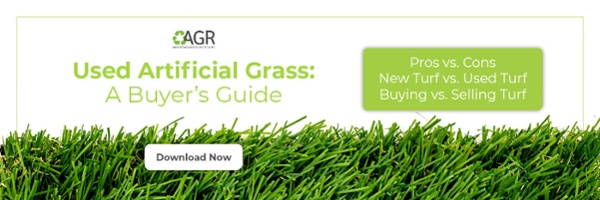What is Blade Shape?
Blade shape describes the essential structure of individual artificial turf blades. They affect the function, feel, appearance, and longevity of artificial lawns!
Why is Blade Shape Important?
Blade shapes are designed for specific applications. Blade shapes featuring folds and hard angles offer additional structural support for installations in high-traffic areas. Conversely, flatter blade shapes offer a softer feel and reflect less light, creating more natural-looking turf.
To find the best blade shape for you, start by listing your needs. The following questions are a good jumping-off point:
Do you have dogs?
Is your yard used for sports or outdoor training?
Do you want to use your yard to host large events, or are you more concerned with increasing curb appeal?
What about kids?
What is the best artificial turf blade shape for my project?
Here are six essential blade shapes everyone should know about! Below we break down the design elements behind each blade and describe the function of each. Continue reading to learn what blade shape works best for your project!
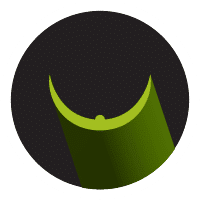

V blades‘ unique shape keeps them standing tall in the toughest conditions! The singular, hard angle fold down the blade's center creates a stiff spine, which prevents the blade from folding and matting under heavy foot traffic.

W/ Wave blades disperse heat to keep turf lawns up to 15 degrees cooler on hot days! Their folded design reflects more light than other blade shapes, creating a more comfortable, natural-looking lawn.

Ωmega blades’ cutting-edge design strikes the ideal balance between softness and durability. It performs well in heavy foot traffic, while closely mirroring the look and feel of natural grass.
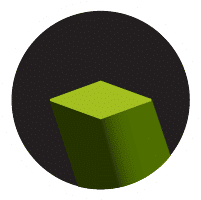
Diamond blades‘ silky smooth texture gently hugs feet, while its natural green aesthetic accurately recreates the look of living grass. Diamond blades are recommended for areas with low to medium foot traffic.
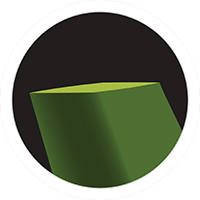
Flat blades are ideal for low-traffic areas! They offer a realistic look and soft-to-the-touch feel, but are not as durable as other blade shapes. Flat blades work nicely when mixed with W and Ω shaped blades to create a balanced blend of blade designs.
Blade Mixes
A mixed approach to blade shape will create a more balanced lawn! For example, So Natural 90 uses W, Ω, and flat blades to offer a plush lawn that stays cool, looks natural, and will last for years to come. Sturdy W blades complement realistic, less durable flat blades, while Ω blades round out this lawn by striking a nice balance between strength and realism.
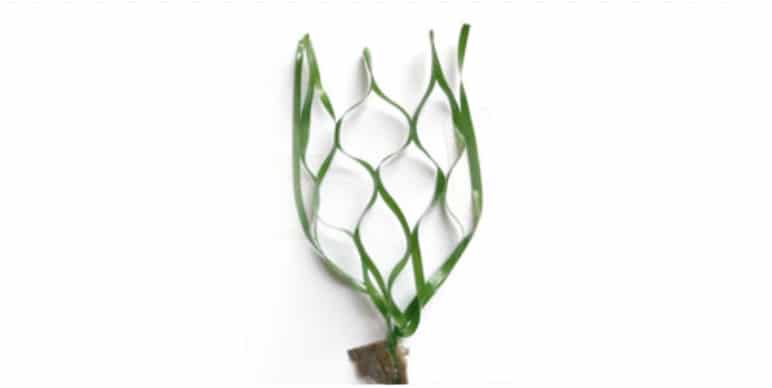
Slit filament blades are made to endure heavy use without ripping or falling out. They feature a webbed design which increases durability and acts as a barrier against infill migration, minimizing maintenance costs.
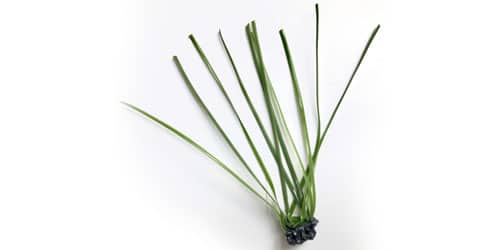
Mono filament blades accurately recreate the appearance of living grass. They can be mixed with slit filament blades to create tough, natural-looking sports turf.
Learn More About Artificial Grass Technology
There’s a lot more to artificial grass than meets the eye! And blade shape is just one of the key components of great artificial turf. This and other technology are what separate tacky turf from great quality artificial grass!
Talk to a turf specialist to learn more about which technologies best fit your needs.
Tags:
Artificial Turf ProductsDec 28, 2022 7:35:01 AM


